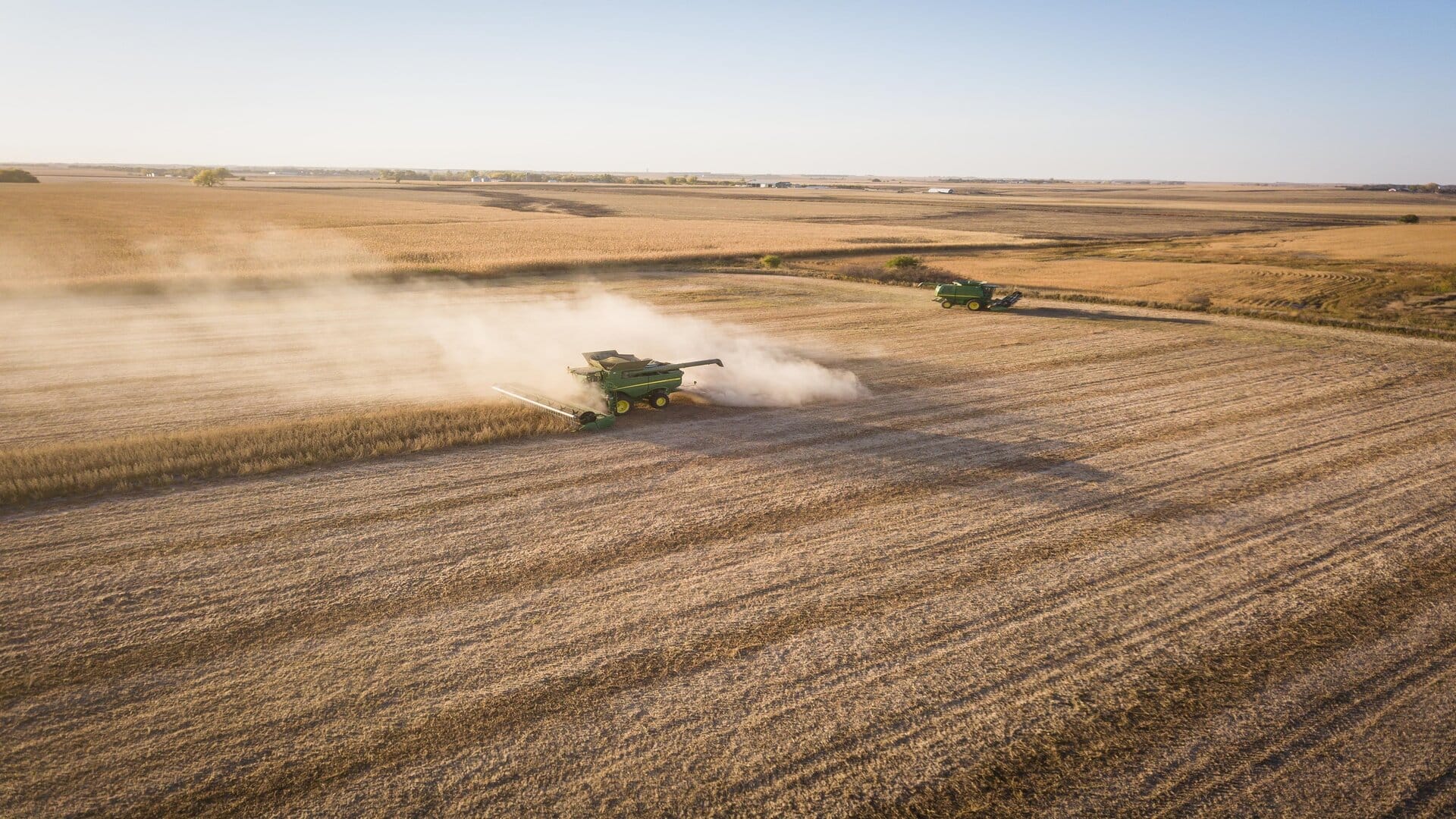
Prime Minister Narendra Modi’s administration has signed an initial agreement with three US-based tech giants to modernise its agricultural sector. Amazon, Microsoft and Cisco Systems are among the tech companies who are going to be harnessing data and statistics available on India’s agricultural ecosystem since 2014. the govt also revealed that Jio Platforms and ITC Ltd. are among the Indian players signing up for the programme.
This move aims to drive transformation within the traditional agricultural sector and ensure food security during a country with an ever-growing population. PM Modi believes that non-public players will help farmers boost yields withtools and applications built using information associated with crop output, land holdings and soil quality.
Why now?
Between April 2020 and January 2021, India’s agricultural commodities export stood at $32.12 billion. However, closer home, the Food and Agricultural Organisation (FAO) estimates that 40 per cent of the food produced in India is wasted annually. The FAO further suggests that this wastage is thanks to inefficient supply chains and fragmented food systems.
With this long due project, PM Modi aims to spice up rural incomes, cut imports, and reduce food wastage. the govt is additionally getting to achieve this with better infrastructure and ultimately directly competing with food exporters — the EU, the US and Brazil.
This collaboration with tech giants directs towards the increased deployment of AI and ML models and networks in India when e-commerce is functioning towards cracking the grocery segment. Players including homegrown company Reliance and Jeff Bezos’ Amazon are trying to catch hold of a stable supply of farm produce to form the foremost of the groceries market.
Reportedly, the Indian Government has collected data on quite 50 million farmers out of the 120 million land-holding growers within the country. additionally , local companies including ESRI India Technologies, Ninjacart, Star Agribazaar Technology and Patanjali Organic Research Institute have also signed the agreement.
Roadblocks
Owing to the continued conflict round the new agricultural laws between Indian farmers and therefore the Government, it’d be difficult for officials to convince farmers to share all their data or maybe adopt technology within the agricultural field In an interview with Bloomberg, which first reported about the partnership between the govt and therefore the tech giants, Punjab-based farmer Sukhwinder Singh Sabhra said that the supply of this data with the govt would further make Indian farmers vulnerable. this is often because the govt would know where the produce wasn’t good and check out buying crops at lower prices from these places, selling them off at exorbitant prices elsewhere. Sukhwinder, who is currently protesting against the new farm laws, also added that the consumers would be at a loss quite the farmers.
The move also draws criticism from experts who believe that the govt prioritising the expansion and development of personal sectors could hamper small farmers. on the brink of 58 per cent of the Indian population depends on agriculture because the primary source of livelihood. This makes India the sixth-largest food and grocery market globally, and retail contributes to 70 per cent of the sales. With private players getting hold of farm data and therefore the new farm bills coming into action, small Indian farmers are going to be forced to sell crops at a predetermined price, often at a loss. Thus, further hampering their already miserable financial conditionsThe success of this move, is thus, still unpredictable. the govt has been long trying to create tech infrastructure to forecast and improve crop yield. However, unprecedented events of drought, floods and therefore the most up-to-date COVID-19 pandemic have worked against the deployment of digital solutions within the agricultural sector.
Besides the Indian Government, agritech startups and players within the country — including the likes of DeHaat, Bijak and CropIn Technologies — have all been trying to develop technologies to enhance crop yield projections and help farmers make informed choices regarding the sort of crops of grow, improve the produce quality and adopting required policies. Additionally, space tech startup Pixxel is using technology to watch crop health, detect variations and improve yield.


